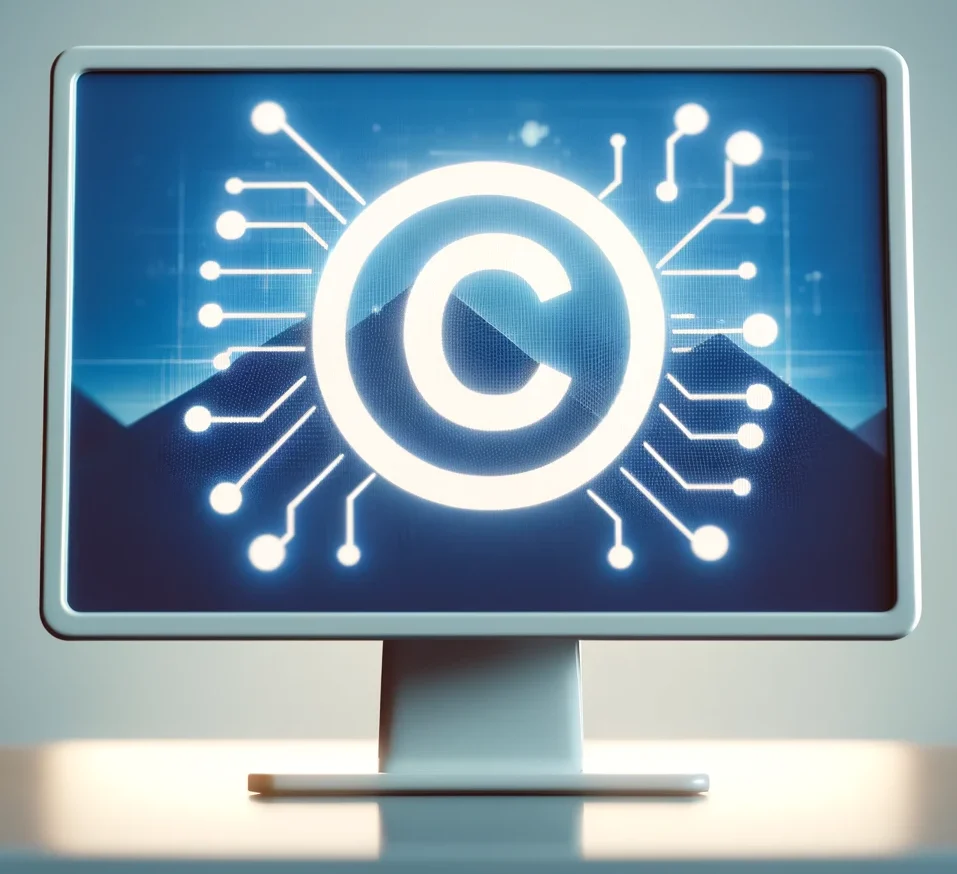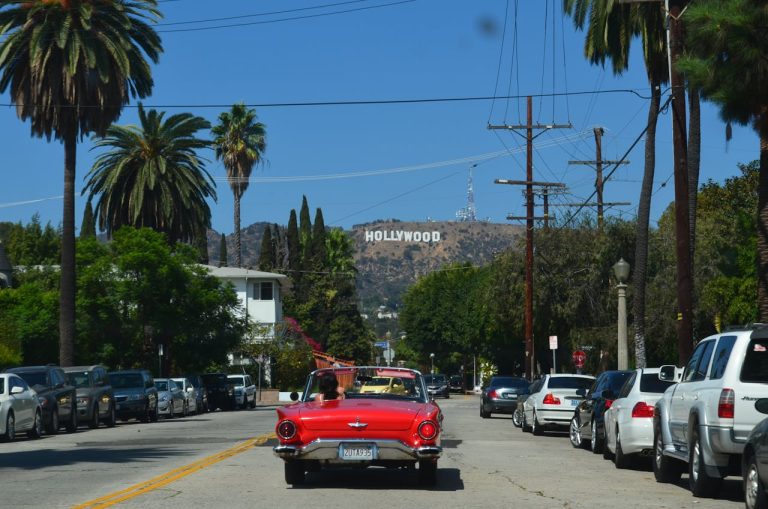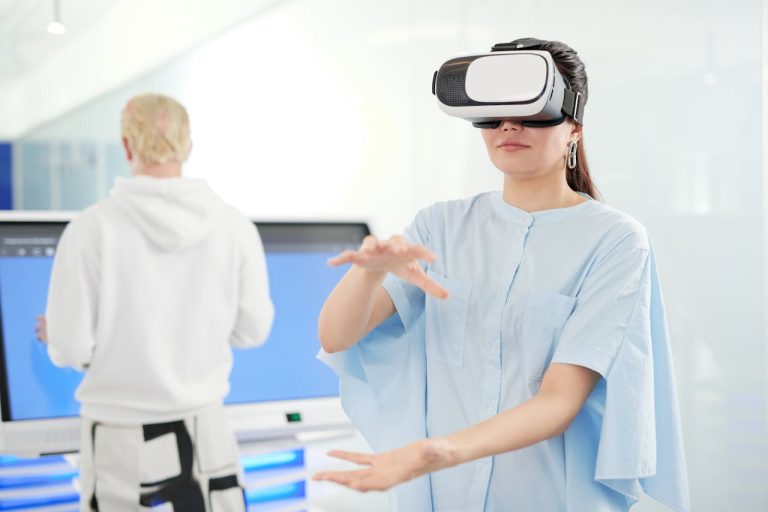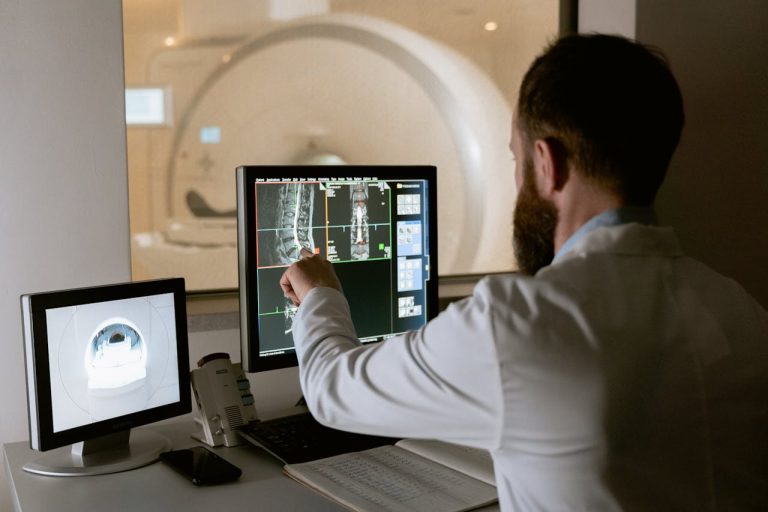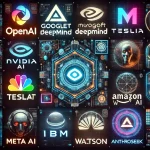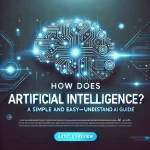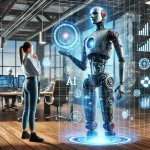The Rising Legal Debate Over AI-Generated Image Copyright
AI-generated images copyright is becoming a major legal issue as the global AI-generated content market is projected to reach $20 billion in 2024, with an annual growth rate of over 35%. From advertising and social media to game design and NFT art, AI-generated images are now widely used across industries, raising complex copyright concerns.
However, a major legal question arises: Do AI-generated images have copyright protection? Who owns these images—the AI developers, the users, or no one at all? And if you use AI-generated images for commercial purposes, are you at legal risk?
This article will explore the copyright status of AI-generated images, legal perspectives from different countries, real-world cases, and the latest AI image-generation tools.
1. The Rise of AI-Generated Images: Technology & Market Trends
The Growth of AI-Generated Content
AI-generated images are now a significant part of digital content creation. According to Grand View Research, the AI-driven image market is expected to exceed $20 billion by 2025, revolutionizing creative industries.
Core Technologies Behind AI-Generated Images
The most common AI technologies used in image generation include:
- GANs (Generative Adversarial Networks) – Used in tools like DeepArt for artistic transformations.
- Diffusion Models – Utilized by advanced AI tools such as Stable Diffusion and DALL·E 3.
- Text-to-Image Generation – AI creates images based on user input prompts.
Common Use Cases for AI-Generated Images
- Advertising & Marketing – Brands use AI-generated visuals for campaigns.
- Social Media Content – Influencers use AI art for engaging posts.
- Gaming & Entertainment – AI assists in creating game assets and movie graphics.
- NFT Art & Digital Ownership – AI-generated artworks are sold as NFTs.
2. Who Owns AI-Generated Images? Copyright Disputes & Legal Issues
The Core Copyright Debate
Traditional copyright laws protect human-created works, but AI-generated images challenge this concept. The key debates include:
- AI-Generated Images Have No Copyright (US Copyright Office’s stance)
- AI Tool Developers Own the Copyright (Some AI companies claim ownership)
- Users Own the Copyright (Since they provide the prompts)
- Public Domain (AI-generated images are free for anyone to use)
3. AI-Generated Image Copyright Laws in Different Countries
| Country/Region | AI-Generated Content Copyright Policy |
|---|---|
| United States | AI-generated works cannot be copyrighted unless there is significant human contribution (US Copyright Office) |
| European Union | No copyright for AI works yet, but upcoming AI laws may introduce new regulations |
| China | AI-generated content can be copyrighted if it involves “substantial human creativity” |
| Japan | AI-generated works have no automatic copyright but companies may define ownership rules |
4. Can You Use AI-Generated Images Commercially? Legal Risks & Precautions
Potential Legal Risks
- Unclear Copyright Ownership – Legal disputes may arise over AI-generated images.
- Training Data Copyright Infringement – AI models may have been trained on copyrighted images.
- Privacy & Personality Rights – AI-generated portraits might infringe on individuals’ rights.
How to Avoid Legal Issues?
✔ Use AI tools with clear licensing policies (DALL·E 3, Adobe Firefly)
✔ Avoid generating images resembling real people or copyrighted materials
✔ Consult legal experts before using AI-generated images commercially
5. The Best AI Image Generators in 2025: Features & Comparisons
| Tool | Key Features | Best For |
|---|---|---|
| DALL·E 3 (OpenAI) | High-quality text-to-image generation | Advertising, art, concept design |
| Adobe Firefly | Integrated with Photoshop, designed for commercial use | Professional designers |
| Stable Diffusion | Open-source and customizable | Personal & experimental projects |
| Midjourney | Unique artistic styles, ideal for concept art | Digital artists |
| DeepSeek Janus Pro | Highly detailed images, surpassing DALL·E 3 | Advanced creative projects |
6. Real-World Cases: AI Copyright Lawsuits & Legal Challenges
Case 1: Getty Images vs. Stable Diffusion
- Getty Images sued Stable Diffusion for allegedly using its copyrighted images to train its AI model.
- The case is ongoing and could influence AI training transparency.
Case 2: US Copyright Office Rejects AI-Generated Art Copyright
- In 2023, the US Copyright Office rejected an artist’s AI-generated artwork copyright application.
- Reason: The artwork lacked human creativity and did not qualify for copyright protection.
7. My Perspective: What’s Next for AI-Generated Image Copyright?
🔹 In the short term, AI-generated images are unlikely to receive copyright protection.
🔹 A hybrid model of “AI + Human” creativity may become the legal standard.
🔹 Transparency in AI training datasets will be a major legal focus.
🔹 Businesses and individuals should exercise caution when using AI-generated content.
8. Conclusion
AI-generated images are transforming multiple industries, but copyright laws remain unclear. As regulations evolve, businesses and creators must stay informed about legal risks.
📢 What’s your opinion on AI-generated image copyright? Share your thoughts in the comments and don’t forget to share this article!
